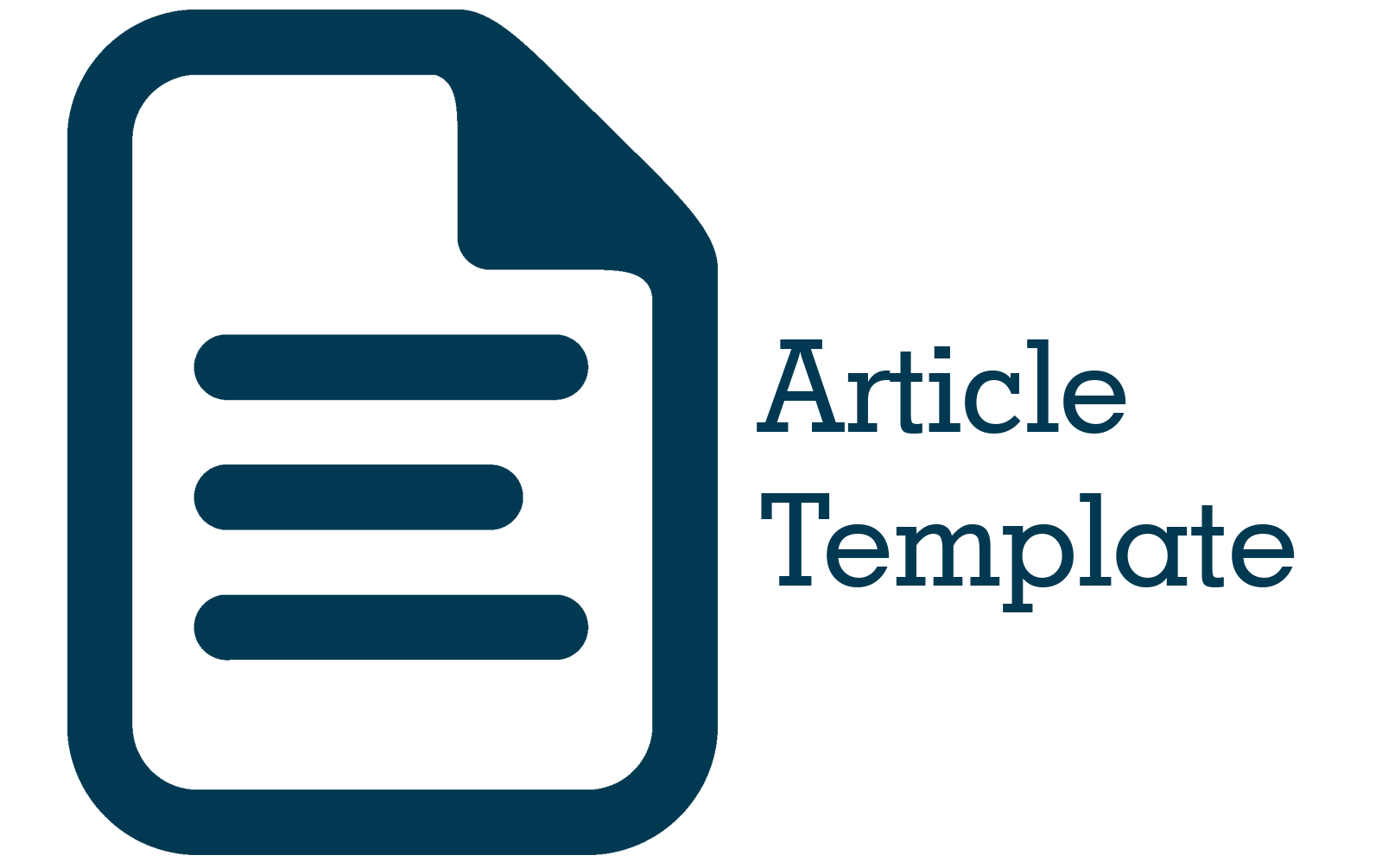Efektifitas Model Pembelajaran Berbasis Masalah (PBM) untuk Meningkatkan Hasil Belajar PAI Siswa Kelas VII A di SMP Negeri 1 Sijuk Kabupaten Belitung
Abstract
Abstract. Naza, Annasdi Ahlun. 2022. Effectiveness of Problem-Based Learning Models to Improve Islamic Religious Education Learning Outcomes for Class VII A Students at SMP Negeri 1 Sijuk Belitung. Thesis, Department of Islamic Education, Faculty of Tarbiyah and Teacher Training, Islamic University of Bandung.
This study aims to determine how the implementation, effectiveness, and the supporting and inhibiting factors of the application of the problem-based learning model in PAI class VII A subjects at SMP Negeri 1 Sijuk Belitung. To achieve the above objectives, this research uses a quantitative approach. The research location is in SMP Negeri 1 Sijuk Belitung. Using data collection methods, namely, observation, interviews, documentation and tests. The data analysis technique uses data requirements test and data hypothesis testing.
The results of the data analysis showed that the Problem-Based Learning model had an effect on student achievement in PAI subjects in class VII A of SMP Negeri 1 Sijuk. This can be seen in the average pretest and post-test scores of the two groups. Students who study with the Problem-Based learning model (PBL) have an average score of 77.04, while students who study using conventional methods have an average score of 52.28 so that the difference in the post-test average score of the experimental and control groups is 24.76 .
The learning process applied to the experimental class (class VIIA) uses the Problem-Based Learning model in four meetings with time allocation for each meeting of 2x40 minutes. In this study, the researcher who acts as the teacher is himself. In learning in the experimental class that uses the Problem-Based Learning model, there are several stages carried out by the teacher in learning.
The implementation of learning using a problem-based learning model in PAI subjects at SMP Negeri 1 Sijuk Belitung has met scientific rules. The results of the data analysis showed that the Problem-Based Learning (PBL) model had an effect on student achievement in PAI subjects in class VII A of SMP Negeri 1 Sijuk. This can be seen in the average pretest and post-test scores of the two groups. Students who study with the Problem-Based Learning Model (PBL) have an average score of 77.04, while students who study not using the problem-based learning method have an average score of 52.28 so that the difference between the post-test scores of the experimental and control groups is 24.76
Abstrak. Naza, Annasdi Ahlun. 2022. Efektifitas Model Pembelajaran Berbasis Masalah untuk Meningkatkan Hasil Belajar PAI Siswa Kelas VII A di SMP Negeri 1 Sijuk Belitung. Skripsi, Jurusan Pendidikan Agama Islam, Fakultas Tarbiyah dan Keguruan, Universitas Islam Bandung. Penelitian ini bertujuan untuk mengetahui, bagimana implementasi, efektifitas, dan faktor pendukung dan penghambat dari penerapan model pembelajaran berbasis masalah pada mata pelajaran PAI kelas VII A di SMP Negeri 1 Sijuk Belitung. Untuk mencapai tujuan di atas penelitian ini menggunakan pendekatan kuantitatif. Lokasi penelitian terletak di SMP Negeri 1 Sijuk Belitung. Menggunakan metode pengumpulan data yaitu, observasi, wawancara, dokumentasi dan tes. Teknik analisis data menggunakan uji persyaratan datan dan uji hipotesis data.
Hasil dari analisis data menunjukkan bahwa model Pembelajaran Berbasis Masalah (PBL) berpengaruh terhadap prestasi belajar siswa pada mata pelajaran PAI krlas VII A SMP Negeri 1 Sijuk. Hal ini terlihat pada rata-rata nilai pretest dan post-test dari kedua kelompok tersebut. Siswa yang belajar dengan model pembelajaran Berbasis Masalah (PBL) memiliki nilai rata-rata 77,04, sementara siswa yang belajar dengan metode konvensional memiliki nilai rata-rata 52,28 sehingga selisih nilai ratarata pos-test kelompok eksperimen dan kontrol sebesar 24,76.
Proses pembelajaran yang diterapkan pada kelas eksperimen (kelas VIIA) menggunakan model Pembelajaran Berbasis Masalah (PBL) dalam empat kali pertemuan dengan alokasi waktu untuk setiap pertemuan 2x40 menit. Pada pembelajaran ini yang bertindak sebagai guru adalah peneliti sendiri. Dalam pembelajaran pada kelas eksperimen yang menggunakan model Pembelajaran Berbasis Masalah mempunyai beberapa tahapan yang dilakukan oleh guru dalam pembelajaran.
Implementasi pembelajaran dengan menggunakan model pembelajaran berbasis masalah pada mata pelajaran PAI di SMP Negeri 1 Sijuk Belitung sudah memenuhi kaidah saintifik. Hasil dari analisis data menunjukkan bahwa model Pembelajaran Berbasis Masalah (PBL) berpengaruh terhadap prestasi belajar siswa pada mata pelajaran PAI krlas VII A SMP Negeri 1 Sijuk. Hal ini terlihat pada rata-rata nilai pretest dan post-test dari kedua kelompok tersebut. Siswa yang belajar dengan model pembelajaran Berbasis Masalah (PBL) memiliki nilai rata-rata 77,04, sementara siswa yang belajar tidak dengan metode pembelajaran berbasis masalah memiliki nilai rata-rata 52,28 sehingga selisih nilai ratarata pos-test kelompok eksperimen dan kontrol sebesar 24,76.











